No products in the cart.
Plastic restriction order
On 24 October 2018, the European Parliament voted overwhelmingly in Favour of a wide-ranging ban on single-use plastics in Strasbourg, France.
Europe produces about 25.8 million tons of plastic waste each year, of which less than 30% is collected or recycled, leaving more and more plastic waste accumulating in our environment. The impact of plastic waste on our ecology, especially on single-use items (such as bags, straws, coffee cups, drink bottles and most food packaging), is increasing.
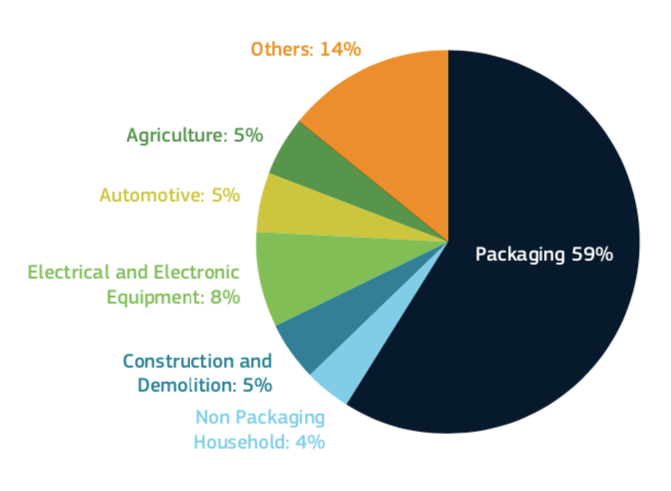
In 2015, 59% of plastic waste in the EU came from packaging
Before 2015, EU member states used more than 100 billion plastic bags every year, of which 8 billion were thrown into the sea. According to EU estimates, by 2030, the loss of plastic waste to the European environment will reach 22 billion euros.
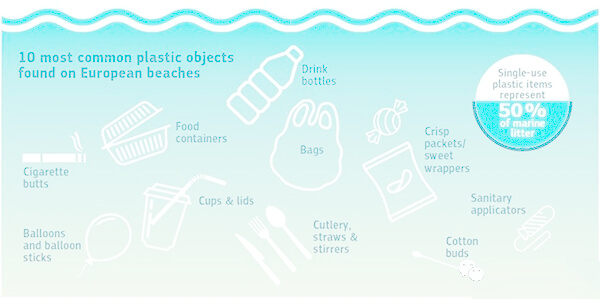
The 10 most common types of plastic waste found on European beaches
Due to the European plastic ban, the following single-use plastic products are Unable to be cleared customs from July 1, 2021:
· Clean ear cotton swabs
· Plastic cutlery (plates, forks, knives, spoons, chopsticks, etc.)
· Plastic straws
· Plastic stirring rod
· Plastic balloon rod
· Coffee spoon
· Balloon stick
· Packing box
· Cups and lids
· Plastic bags
If the seller cannot avoid it, how should it be handled? – Find a substitute!
Excessive consumption of resources and energy and the serious threat to human existence have made the world today set off a green wave with the protection of the ecological environment as the core. Green packaging is an important part of this wave. Green packaging refers to moderate packaging that can be recycled, recycled or degraded naturally, and does not cause harm to the human body and the environment during the entire production cycle of the product. Developed countries in the world put forward “3R1D” for the development of green packaging, namely Reduce, Reuse, Recycle, Degradable. Therefore, green packaging is actually the greening of packaging materials.
Fully degradable tableware
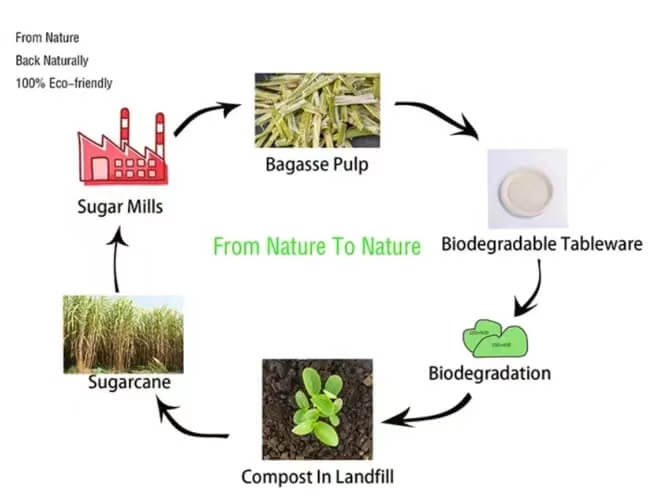
Using wheat straw, sugar cane, reed, straw and other annual herb fiber pulp through pulping, grouting (or suction, scooping), molding, shaping (or shaping), trimming, selection, disinfection, packaging, etc. The raw materials used are all recycled and renewable, and the physical pulping method does not produce black water and wastewater.
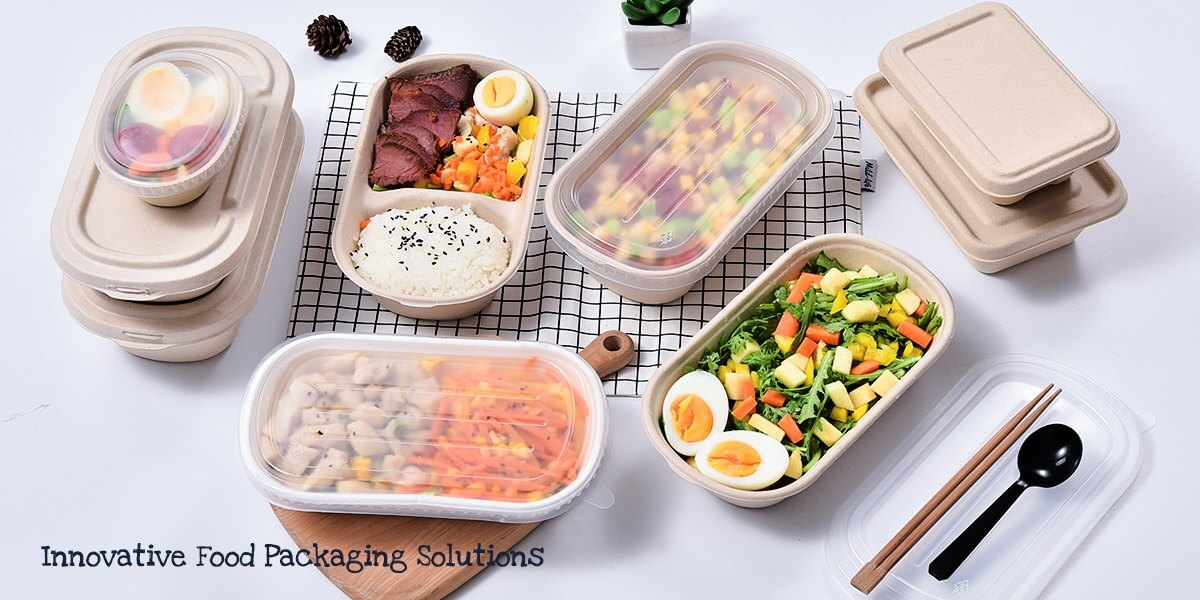
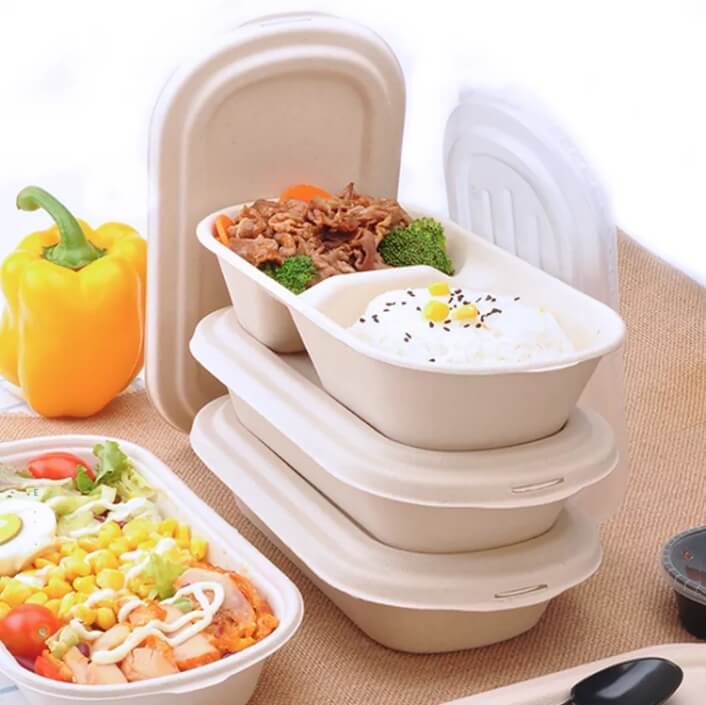
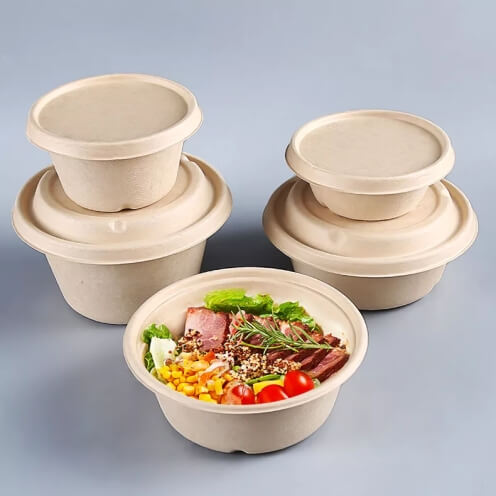
Advantages of pulp molded tableware:
(1). The raw materials are waste pulp or renewable straw fibers such as wheat, reed, straw, bamboo, sugarcane and palm. They come from a wide range of sources and are cheap. Wood is not used.
(2). No waste water is produced and discharged during production. Environmentally friendly containers from nature
(3). Water and oil proof products
(4). During use, it can be frozen, heated in microwave oven and baked at 220 degrees
(5). The product can be fully degraded in natural state within 45-90 days and can be composted at home. After degradation, the main component is organic matter and will not produce any waste residue and pollution.
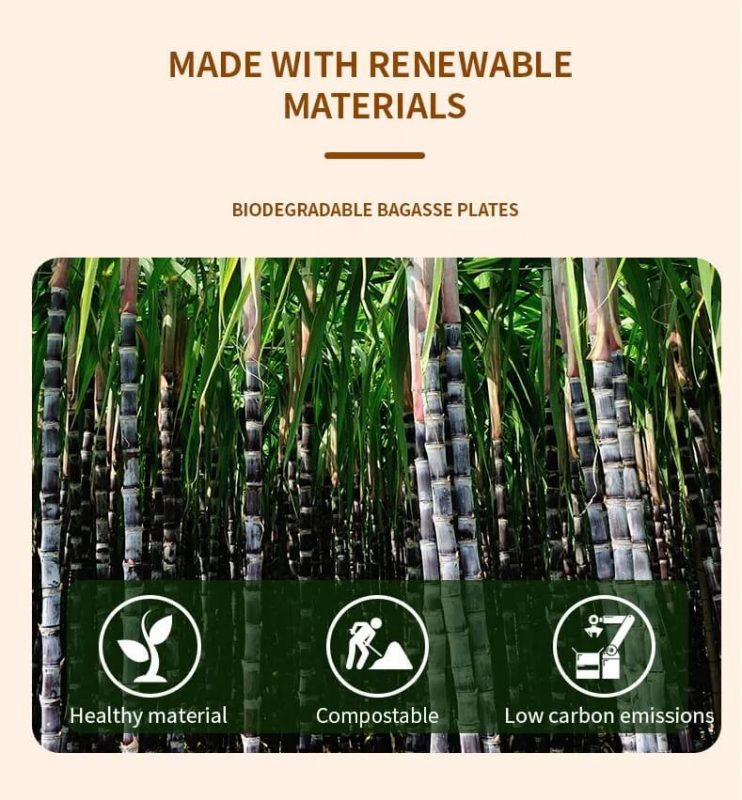
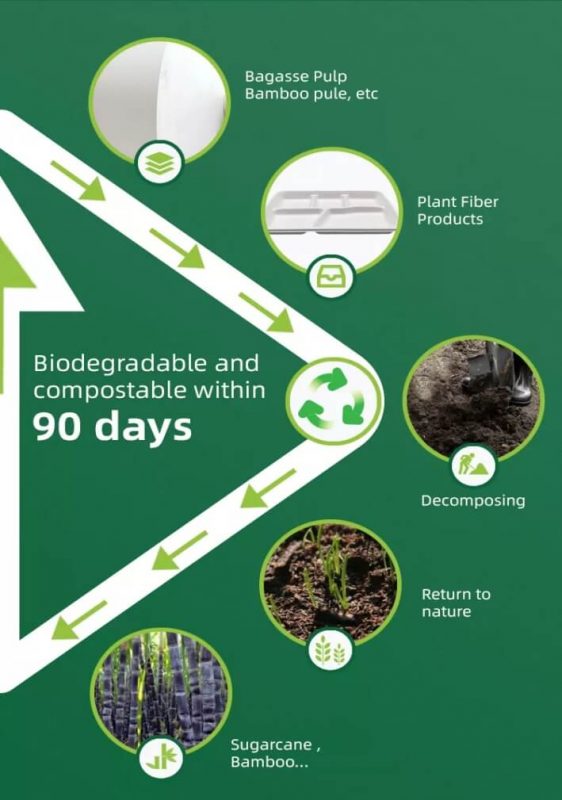
Corn starch tableware
Corn starch tableware is a biodegradable product. It uses corn starch as the main raw material and is processed by high-tech production technology. It can be degraded by itself under natural conditions, which avoids environmental pollution and saves non-renewable resources such as oil. It has been tested by national authorities. According to department testing, all hygienic and physical and chemical indicators have reached the national standard, and it is an ideal substitute for the widely used but controversial “disinfected tableware” in the catering market.
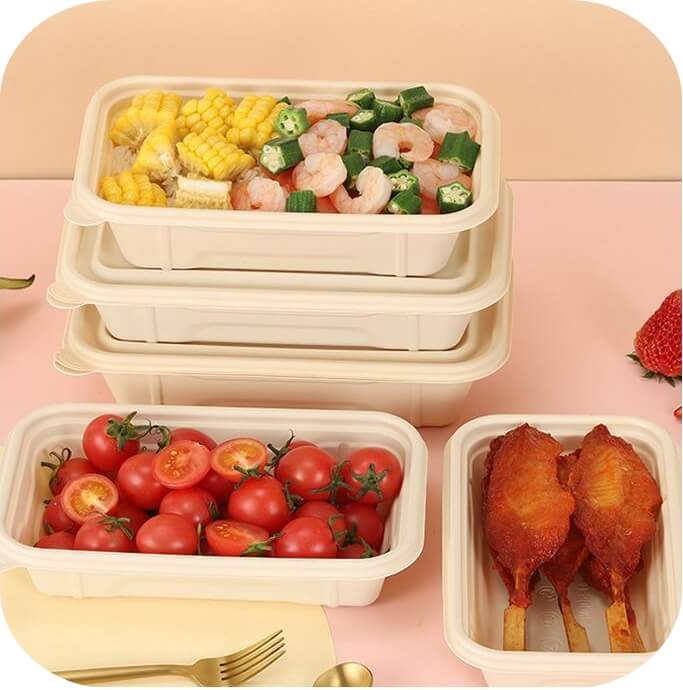
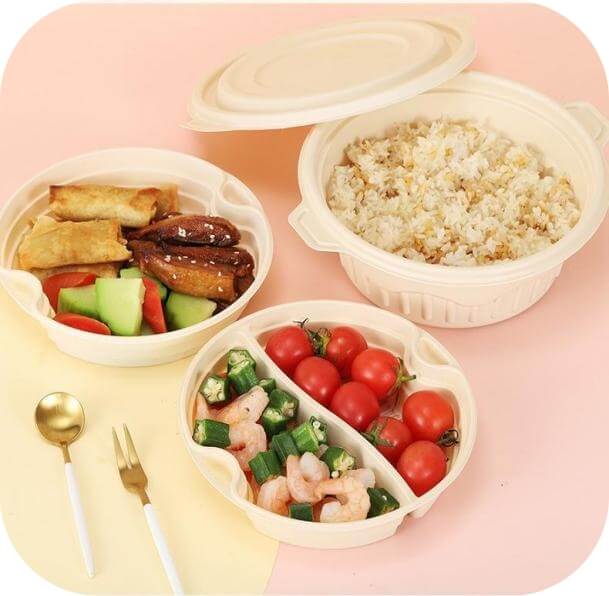
Advantages of cornstarch tableware:
Harmless to human body: As it is refined from corn starch and other environmental protection materials, it does not contain harmful substances to human body, so it can be used for a long time.
Saving resources: Cornstarch is a renewable resource that is inexhaustible and inexhaustible, while paper tableware and plastic tableware require a lot of wood and petrochemical products. Using corn starch as raw material can save a lot of oil and forest resources.
High quality: Products have good tightness, water resistance, oil resistance, anti-penetration, and good high temperature and low temperature resistance, suitable for refrigeration, refrigeration, food preservation, microwave heating, etc.
Zero pollution: When products are buried in soil at the appropriate temperature, after 90 days, they can be degraded to form carbon dioxide and water, the soil and air do not cause pollution.
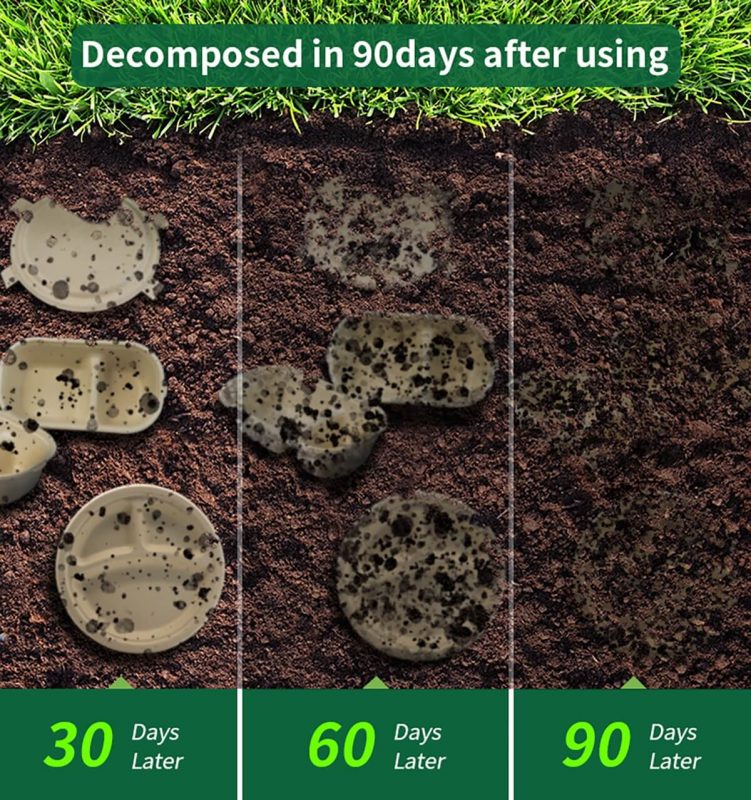
Cardboard tableware
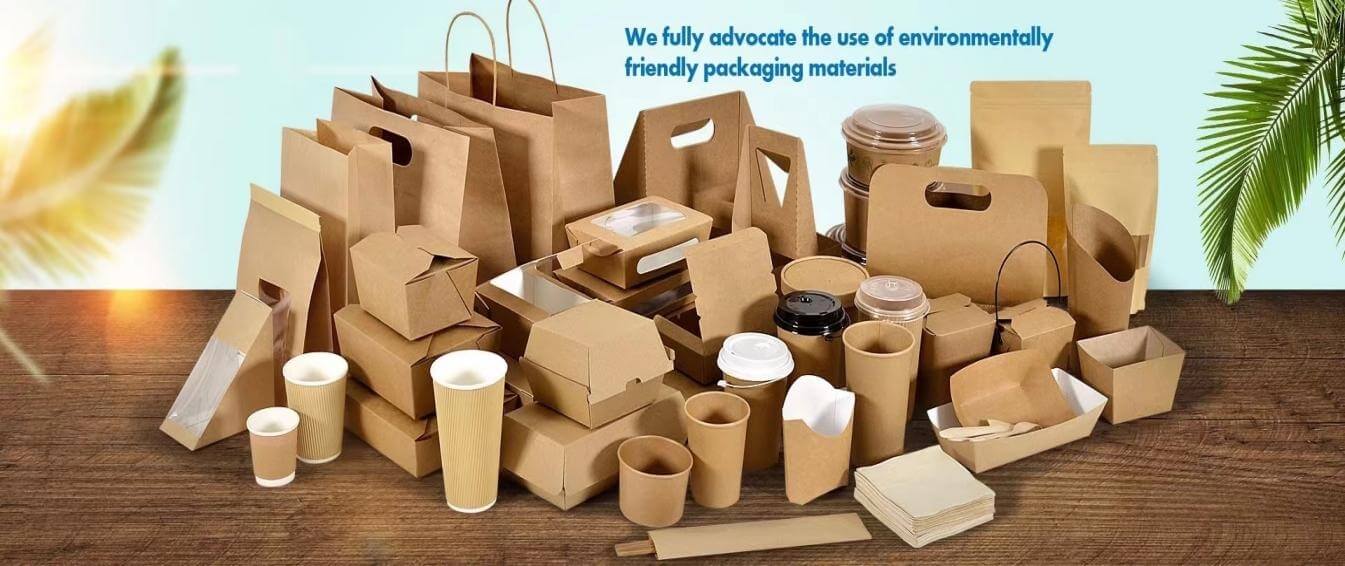
Paperboard fast tableware is made of 300-350 grams of bleached kraft wood pulp paperboard through die-cutting bonding, die-cutting pressing, shaping and other processes through a stamping process similar to sheet metal processing. In order to prevent oil or water seepage, we film or apply chemical additives on its surface. Paperboard fast tableware can be recycled and reused again, and will not harm the human body.

